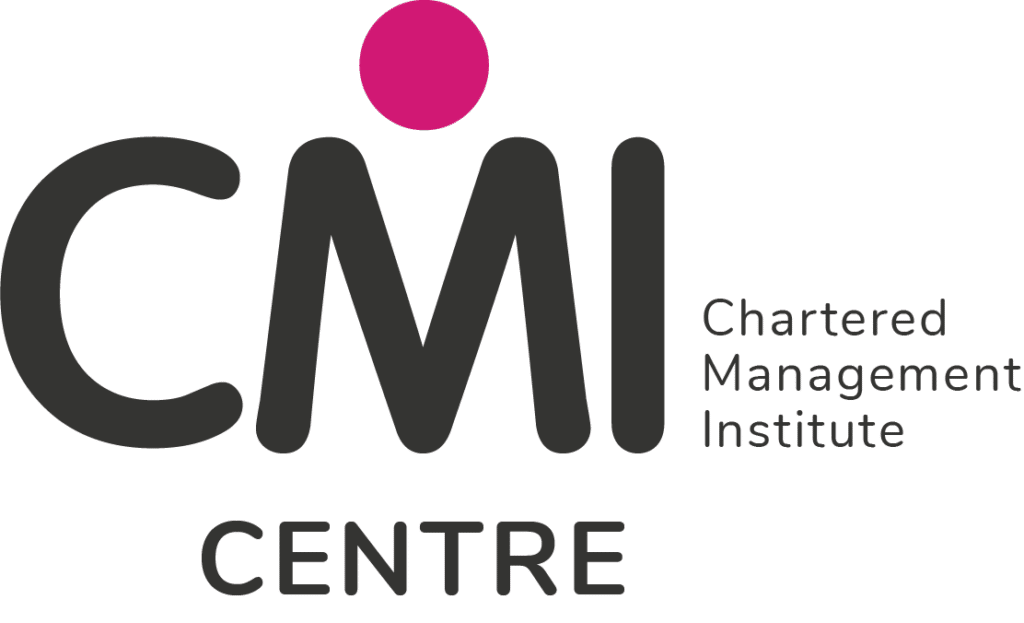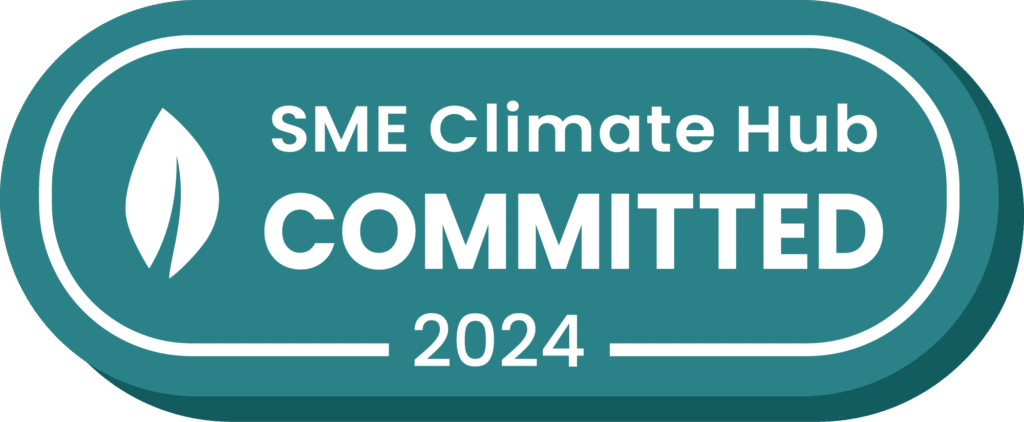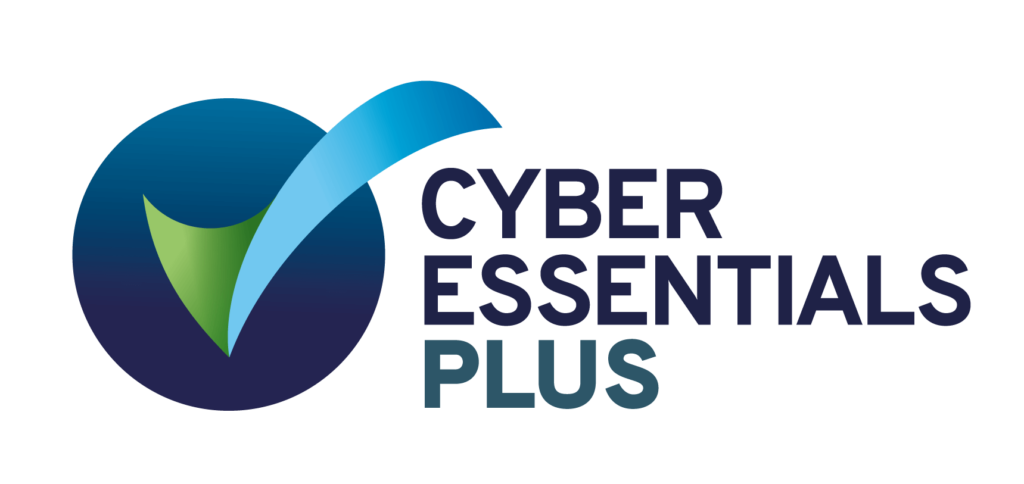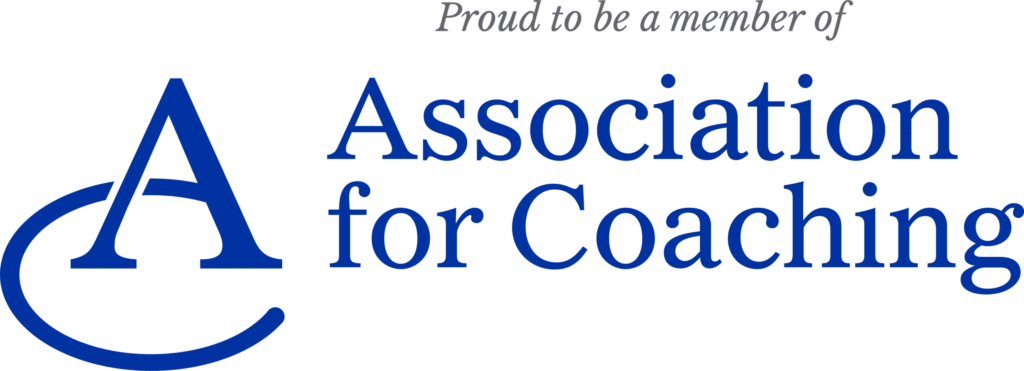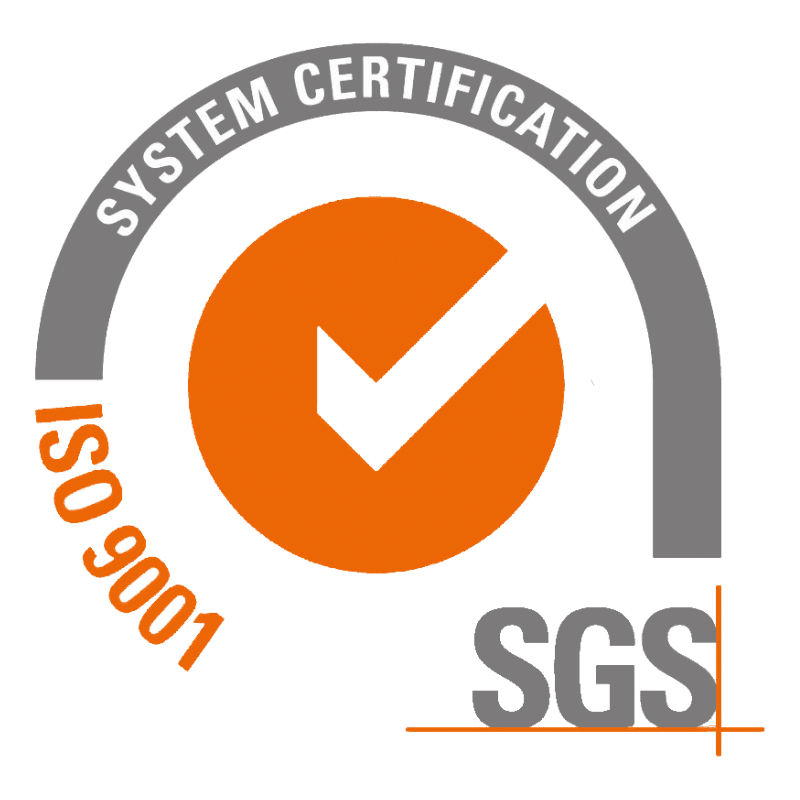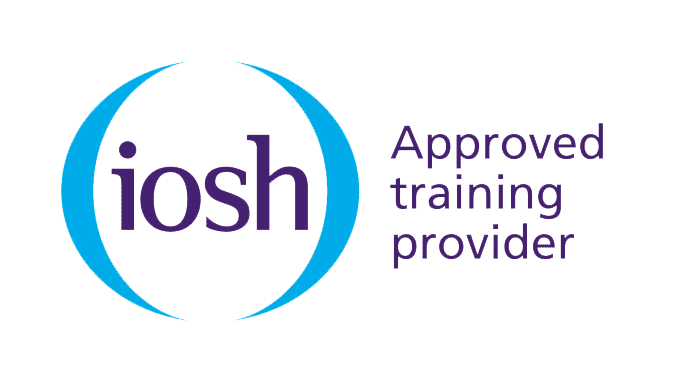It’s not breaking news that the world of work has gone through substantial change since the outbreak of Covid-19. Uncertain economic conditions, the disruption to operations and workforce planning and the accelerated uptake of remote working have provided significant and unpredictable challenges for managers, leaders and decision makers in every sector.
With challenges, whether successfully overcome, or not, lessons are always learned. Both Eliesha’s professional partners, the Chartered Management Institute (CMI) and ILM, have recently produced research-based whitepapers distilling learnings from the voices of thousands of UK workers into insightful lessons, shared for the benefit of all.
The experiences of managers and leaders and how they have faced up to the challenges of, as the CMI puts it, a ‘marathon crisis’, are invaluable. The richness of the data comes from the combined learnings of 5,800 UK-based managers and employees, providing a valuable vision of what the most important skills and behaviours will be for managers and leaders in the immediate future.
So, what can we take away from research conducted by two of the UK’s most respected voices on management and leadership best practice, to inform upon priority workforce development plans?
Productivity isn’t about where you work; it’s about how you’re managed (CMI)

Although inevitably disruptive at the start, the shift that led to 48% of UK employees working completely remotely or in a ‘hybrid’ fashion has not negatively affected productivity. 46% of managers reported increases in productivity in the hybrid office, and 41% agreed with regards to the virtual office. Just 21% and 24% of managers, respectively, thought that productivity had fallen.
Interestingly, the increase in productivity was mirrored in those still attending their workplace (42%), which points to a universal ‘knuckling down’ during tough times, but it’s important to note that the feared productivity drop that has possibly prevented organisations from embracing remote working in the past, did not materialise.
Could these positive productivity percentages and performance be improved? Insight from ILM research provides further workforce development advice for this to occur.
Management and leadership was lacking during Covid-19 (ILM)

Nearly three-quarters (73%) of ILM’s survey respondents felt that management and leadership had been lacking during the pandemic, with the largest proportion (33%) singling out senior management, closely followed by middle management (29%). When asked for more detail about what specifically had been lacking, 36% said the motivation and empowerment of teams, and a lack of emotional intelligence (31%) and problem-solving skills (34%) were also highlighted.
In many ways it is understandable that management and leadership were found wanting in their response to a level of business disruption that is virtually without equal, but responsible individuals will still want to know where they can improve. Here, ILM’s survey respondents point to people management (45%), communication skills (39%) and relationship building/interpersonal skills (37%).
Trust is critical to productivity (CMI)

CMI’s research uncovered a direct correlation between managers trusting their direct reports and describing an increase in productivity, suggesting that a high level of trust is the key to improved productivity. The action of building direct trust, as well as a broader trusting environment, represents a key opportunity, therefore, for managers to bring about improved productivity.
Trust is also crucial for the success of the remote office, and a senior manager responding to CMI’s survey reported that taking the leap to trust workers brought about significant benefits for their own day-to-day role: “Trusting them and their abilities has been key to releasing some of the control I’ve realised I had been accustomed to when we all sat together in an office, as opposed to only having a few touch points in any given day.”
Most highly valued in UK managers: the trait of communicating clearly and the role of ensuring staff wellbeing (CMI)

When it came to listing the most important traits in a manager, none were ranked as ‘very important’ by more CMI survey respondents (68%) than ‘communicates clearly’. On reflection, this makes a lot of sense: effective communication can combat all four elements of the VUCA (Volatile, Uncertain, Complex and Ambiguous) times that we are experiencing. Closely following clear communication were ‘honest’ (67%), ‘listens’ (65%) and ‘clear direction’ (63%).
When asked about the most important roles for managers and leaders to play, ‘ensuring staff wellbeing’ (72%) was the most popular choice. This points to a pre-2020 trend: managers are not simply responsible for distributing work and checking its quality, they must work to foster an environment in which high quality work can be done and individuals are healthy and happy.
Importantly, these are not organic traits that individuals are blessed with, but learnable skills that can be developed and practiced with expert guidance and applied for business benefit. This is positive news for HR/L&D teams exploring workforce development priorities for the coming months – and challenges – ahead.
‘Management Transformed: Managing in a marathon crisis’, CMI (November 2020)
Leading through challenging times, ILM (December 2020)
Equipped with this evidence, as well as our own experience of supporting the development of our customers’ managers and leaders through the crisis, Eliesha has designed and delivered many relevant and replicable learning and development interventions, enabling managers and leaders to improve performance.
Similarly, you can apply this research knowledge to your own organisation and context, producing clear development priorities and targeted plans in support of managers and leaders.
If Eliesha can help you with exploring your training needs or in the delivery of proven learning solutions, then get in touch now via [email protected] or the enquiry form here.
